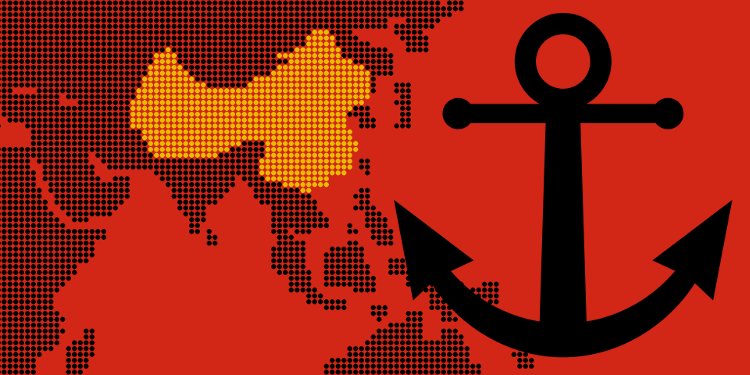Things are stepping-up in Korea. The US is gearing up for a “military option”. The question is how China will respond. China’s approach with Taiwan is a contrast of priorities or a strong indication about China’s approach with North Korea. If China won’t take harsh action to stop a nuclear North Korea, then logically China should not be painted as a “hostile villain” over TAO (Taiwan Affairs Office) statements concerning Taiwan.
China has a reputation to defend, which includes normal political posturing. If China were to ignore a nuclear North Korea, but attack Taiwan during a time of no military conflict, that would seem to the world as “inconsistent”. The Taiwan situation hit many headlines this week.
Taiwan’s new Premier William Lai commented this week about “status quo”. He shared his personal opinion at an early stage in his tenure, more or less observing that China and Taiwan behave as if they are already sovereign and that the main two political parties in Taiwan hold a policy that Taiwan has a government with a constitution that considers itself sovereign. Lai’s comments focused on observing “status quo”, added that, personally, he is “pro-independence”, and that he will remain in-step with Taiwan’s President Tsai, regardless of his own career and personal views.
Lai admitted that he should have kept his personal views to himself, but indicated that such transparency of his personal view is part of an ingenuous disclosure when legislators are inquiring about him as recently approved for his public office. Needless to say, China was not pleased. Beijing responded with some simple public statements.
How serious is China about any intent to start a war to reclaim Taiwan? The first sober question would be about preparatory military exit strategy. Arguably, the US has more at stake in Taiwan than in North Korea.
Taiwan has more than a few F-16s, Apache helicopters, and other military and naval assets—all supplied by the US. If China’s government were to exert power over Taiwan, that would change status quo—something Premier William Lai says would require a vote in Taiwan. But, the question few people ask is what to do with all those F-16s, helicopters, and naval assets.
If China truly intended to “go to the mattresses” to change status quo with Taiwan, at the very top of its statement would be a plan to first send all of that military equipment back to the United States, to gut technology from all military installations in Taiwan, and to provide to move nearly all adult men in Taiwan to any country other than China. Adult men in Taiwan serve “compulsory” military time in a military that used US military tech. That means nearly half of Taiwan’s entire adult population would be a security threat if governed by a regime seated in Beijing. They, and their families would need to be relocated. China would be taking control of an empty island with massive infrastructure.
Beijing has presented no such “exit strategy” for US military assets in Taiwan. That does not mean Beijing is not deserving of “respect”—the foremost question on many minds in Beijing. It simply raises questions about how much the “Taiwan question” has been thought through.
Even with all that is happening in North Korea, more security eyes should be turned to how China will deal with Taiwan once North Korea stops making headlines—or more importantly, when North Korea makes far more headlines than it already does.

